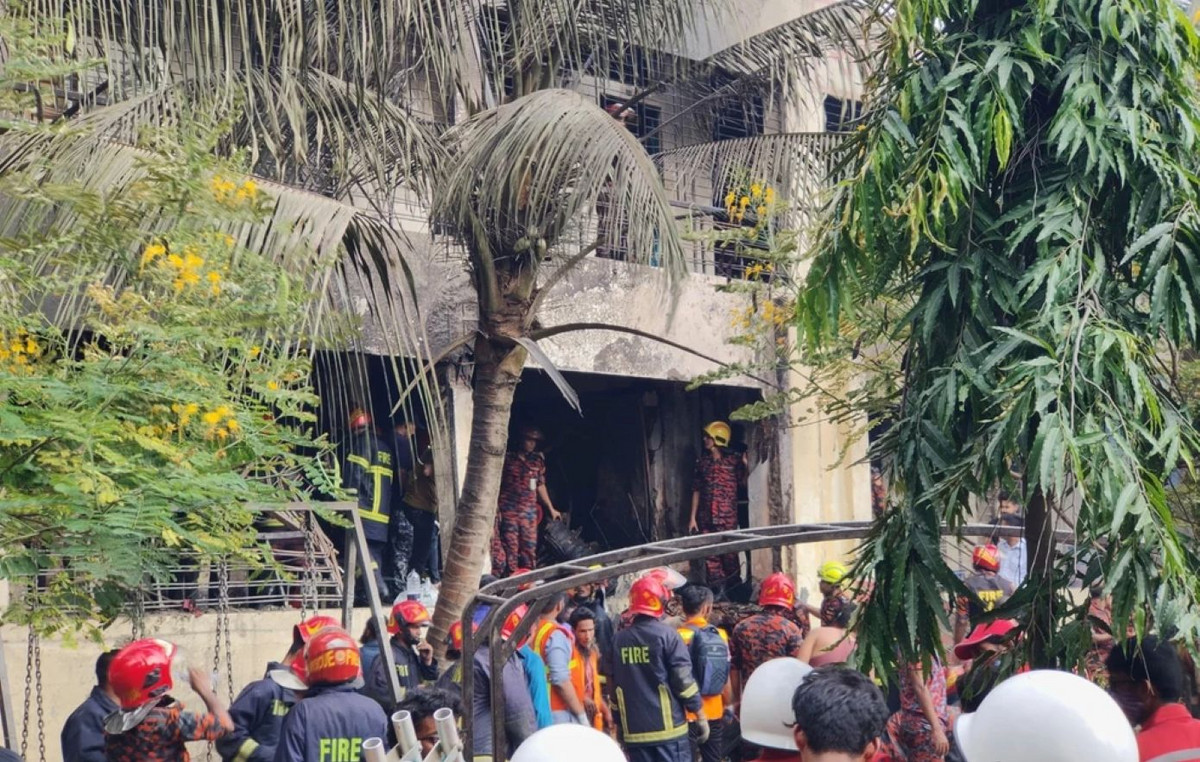The summer ends next Saturday (19) with record heat in much of Brazil. In Rio de Janeiro, one of the three capitals that recorded the highest temperatures of the season, thermometers should mark 38ºC, according to Climatempo.
However, on Saturday itself, a cold front associated with an intense polar air mass will reach the southern region and cause rain.
On the first day of autumn, which starts at 12:33 pm on Sunday (20), temperatures start to drop. Thermometers should not exceed 18ºC in the capitals of the south of the country, which could cause frost in the region, between Monday and Tuesday of next week.
The rain will also come intense from Sunday, mainly on the east coast of Santa Catarina, Paraná, São Paulo and may reach Rio de Janeiro on Monday.
The National Institute of Meteorology (Inmet) predicts rain volumes greater than 100 millimeters, especially on the coast of Rio de Janeiro and on the Costa Verde, which can cause impacts for the population in these areas.
According to Inmet, this was not the hottest summer in recent years, but it was atypical, due to the lack of rain in several regions. In general, they are regular in the months of January, February and March. A mass of hot and dry air prevented the arrival of cold fronts, mainly in Rio de Janeiro.
“This was an atypical summer because, normally, it rains a lot in the months of January, February and March, however the rain was little and irregular”, explains Inmet meteorologist Marlene Leal.
Regarding the next season, Brazilians can expect below-average rain and lower temperatures, as polar air is common at this time of year, especially from May onwards.
Climate change explains lack of rainfall and temperature fluctuations
The environmentalist and president of the Brazilian Institute for Environmental Protection, Carlos Bocuhy, points out that the tendency of climate change is to cause an irregularity in the climate.
“All this climate change with peaks of heat and then peaks of cooling is part of the picture, this is a characteristic of global warming. These episodes of intense heat waves in the summer period will be much more frequent,” she said.
“The instability of raining a lot and not raining is a characteristic of climate change, the main warning is this, it rains a lot in a concentrated way followed by summer. These changes take away the regularity of the climate, that is, instead of having more constant and mild rains, we have rains all at once and then it doesn’t rain”, he explains.
He cites that the sixth report of the Intergovernmental Panel on Climate Change (IPCC), for 2021, already shows that temperatures are expected to rise even further.
The document warns that the world is already 1.1ºC warmer than before the industrial period. If it exceeds 1.5ºC, the impacts may be irreversible and climate instability will be even more recurrent.
“With warming of 2ºC, for example, up to 18% of all terrestrial species will be at high risk of extinction,” the report points out.
Source: CNN Brasil







